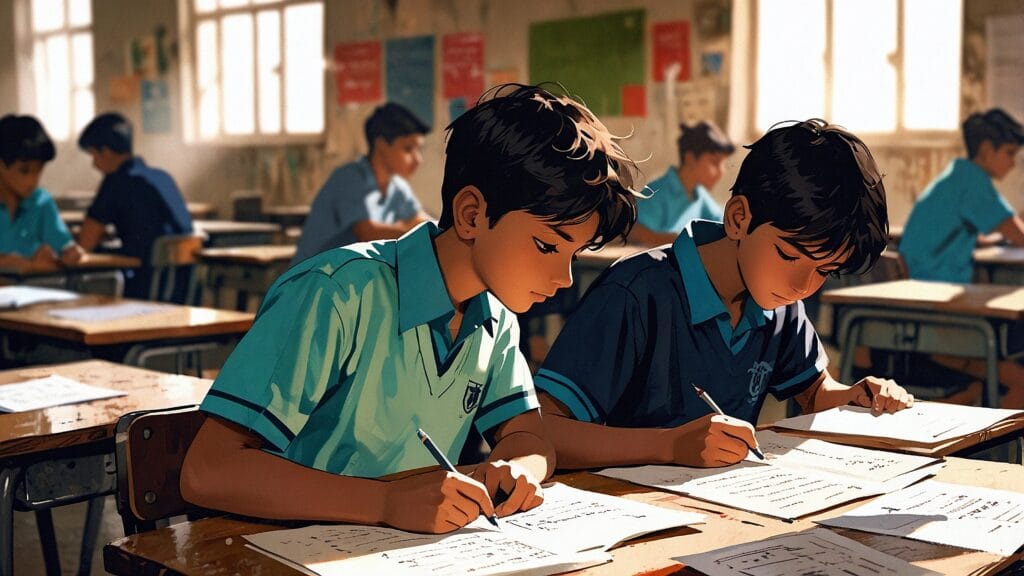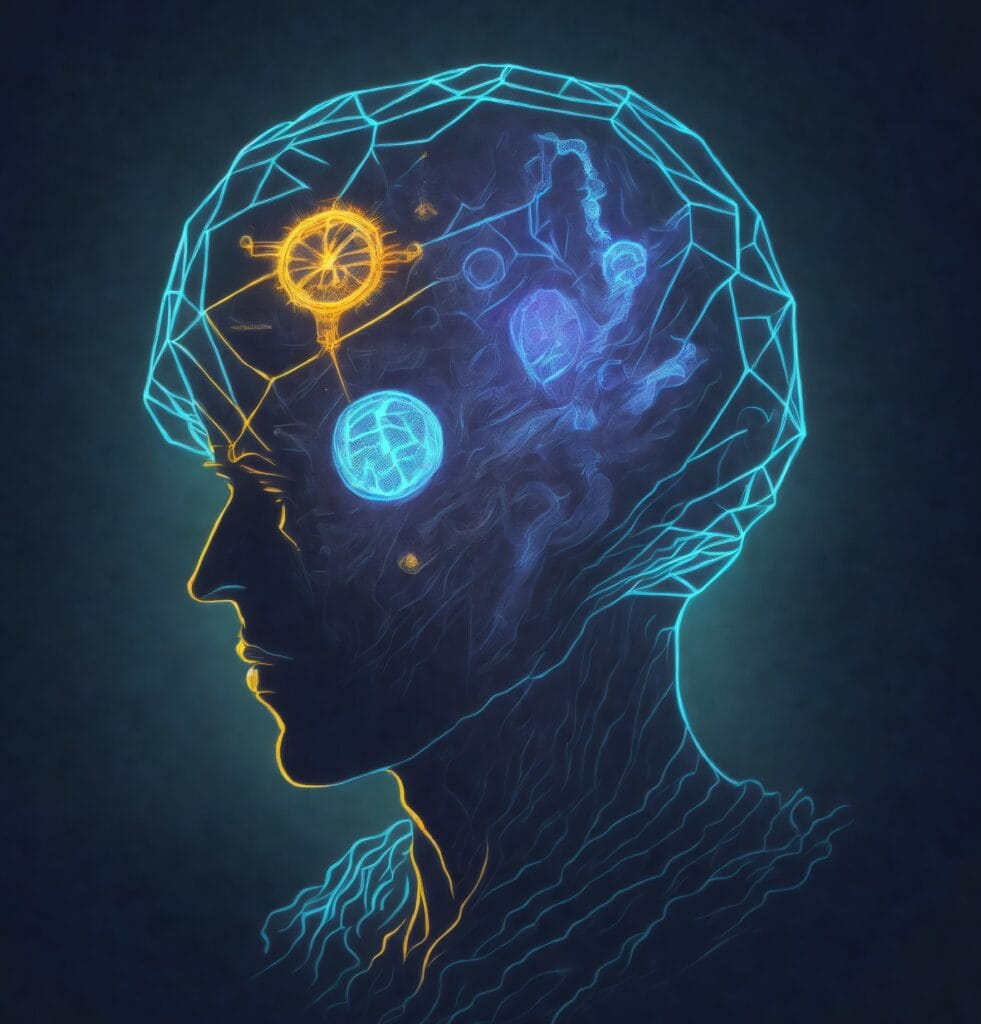Language: A Bridge or Barrier?
Language can often be a silent barrier on a student’s path to knowledge, shaping their journey in ways they may not even realize. It’s a well-known truth that each language holds a unique essence, an emotional depth that only those who speak it can truly feel. Think about it for a moment. If I ask you to reflect on the word “Education” you might immediately associate it with growth, opportunity, or empowerment. But if I ask you to translate it into Hindi— “Vidya / विद्या”—the feeling shifts ever so slightly, doesn’t it? The word still means the same, but the emotion behind it feels different. This subtle change in feeling is precisely what makes language such a powerful, yet sometimes limiting, tool in learning. Now consider this: In many countries, education is delivered in the native language. Americans are taught in English, Chinese students in Mandarin, Germans in German, and so on. These students have the privilege of learning complex subjects in a language that feels natural to them, one that resonates with their emotions and culture. But let’s move beyond these examples and focus on your own experience. Think back to a time when you were just learning English. Perhaps you would hear a sentence in English, translate it in your mind, and then try to speak it. Imagine if, during that time, someone asked you to explain photosynthesis. For those fluent in English, the task would seem straightforward. But for those still grappling with the language, the explanation might come out awkward or incomplete, perhaps sounding something like, “Photosynthesis a process plants makes their food with sunlight taking carbon dioxide and water.” The core idea is there, but the language gap makes it harder to convey clearly. Now imagine if that same student had been given the freedom to explain in their own native language. Wouldn’t their understanding shine through more vividly? Without the burden of translation, they would have the freedom to express their thoughts, ideas, and knowledge with clarity and confidence. This is the impact of language—a bridge when it aligns with our emotions, and a barrier when it doesn’t. When students are allowed to learn and express themselves in a language that speaks to their hearts, the results can be transformative. It’s not just about understanding concepts, but about feeling them deeply and communicating them fully. Imagine the possibilities when learning isn’t just about words, but about connecting with the true essence of knowledge. In my small academy at home, I’ve always believed in freeing students from the barriers of language—and the results have been nothing short of remarkable. This isn’t just a theory or a hopeful idea, it’s a truth that even Dr. APJ Abdul Kalam, one of India’s most brilliant minds, emphasized.During a conversation with a student, the boy shared that he was the only one in his family studying in his mother tongue, Urdu, while everyone else, including his parents, had received an English-medium education. He asked Dr. Kalam if his parents were right in believing that studying in one’s mother tongue is most beneficial for a student’s career. Dr. Kalam’s response was simple yet profound. He shared that he, too, had studied in his mother tongue throughout primary and secondary school, adding, “After that, you can always learn other languages for your professional courses.” His words reflect a powerful truth—mastery of a subject comes more naturally when it’s taught in a language that resonates with your heart. Official link of the conversation: Click Here But it’s not just Dr. Kalam. Many of India’s greatest minds studied in their mother tongue and went on to contribute extraordinary research and innovations. Think of historical figures like Bāṇabhaṭṭa, Āryabhaṭa, Sushruta, Madhava, Srinivasa Ramanujan, Bhāskarāchārya, Maharshi Kanada, Agastya, Maharshi Bharadvaja, Charak acharya, Patanjali, Kapila, Chanakya, Varāhamihira, Nagarjuna, Pāṇini, Brahmagupta, and so many others. These scholars weren’t hindered by foreign languages; they thrived by learning and creating in the languages that came naturally to them. Now, look at the current scenario. How many groundbreaking research papers does India produce? What are our contributions to global knowledge in comparison to other nations? Yes, institutions like ISRO, DRDO, ICMR, AIIMS, IITs, etc. stand as shining examples of Indian excellence, but imagine how much more we could achieve if our education system truly empowered students to learn in their own languages, the way we used to in the past. We once led the world in science, mathematics, medicine, and philosophy when our scholars studied in the comfort of their mother tongues. Are we still on the same path today? Take a moment to reflect. The language we learn in is not just a medium; it’s the key to unlocking our potential. It’s time we rethink how we approach education and give our students the freedom to soar in the language they know best.




